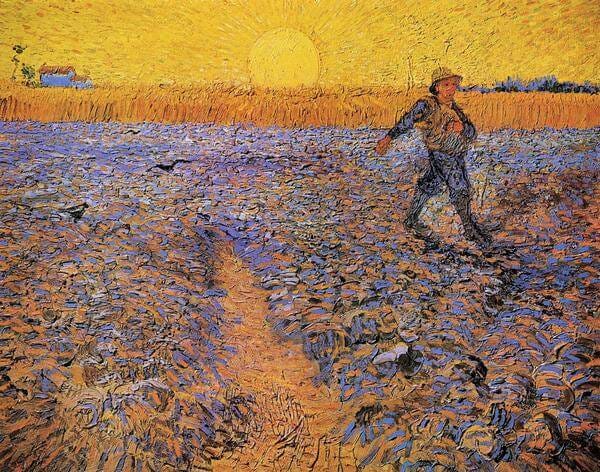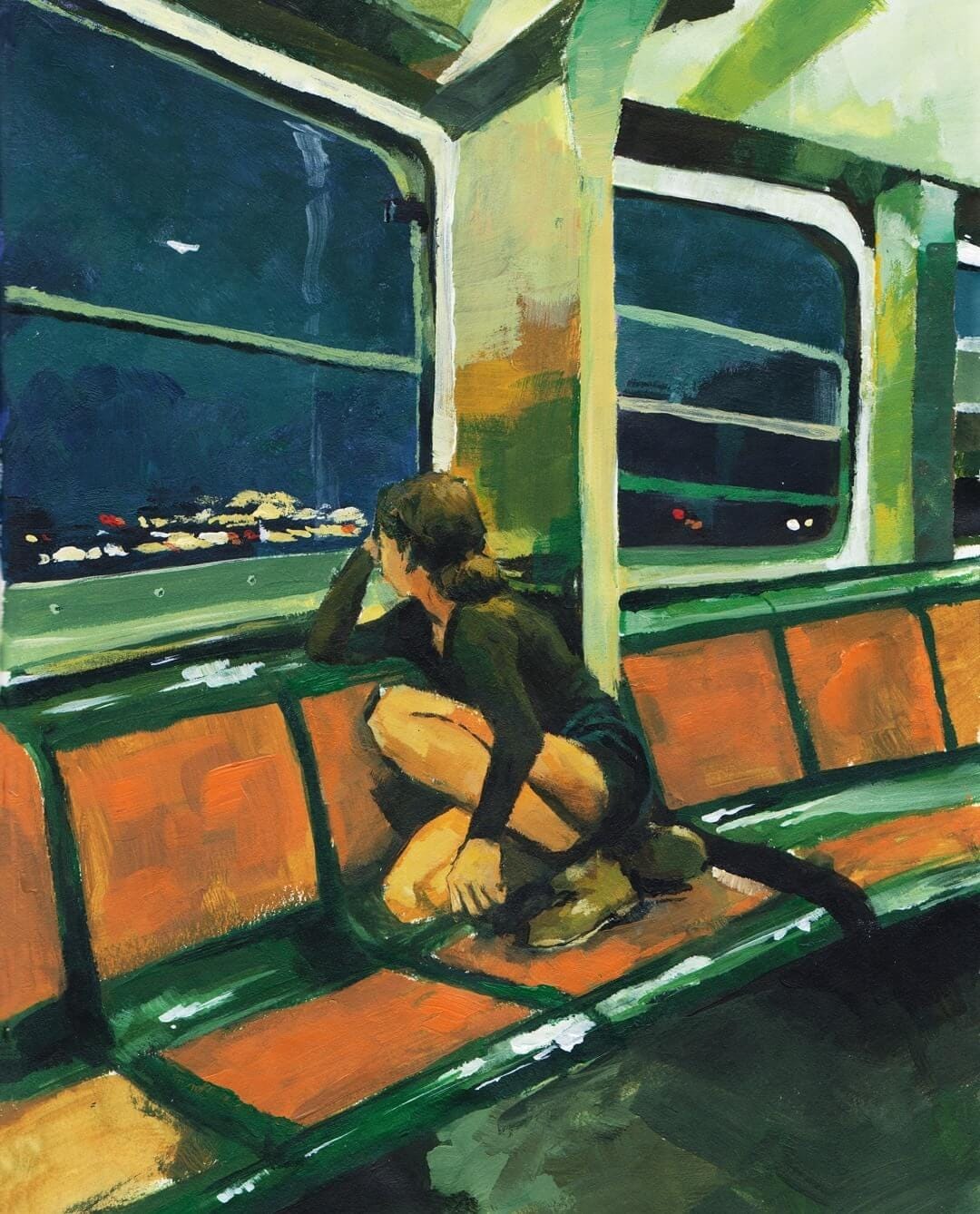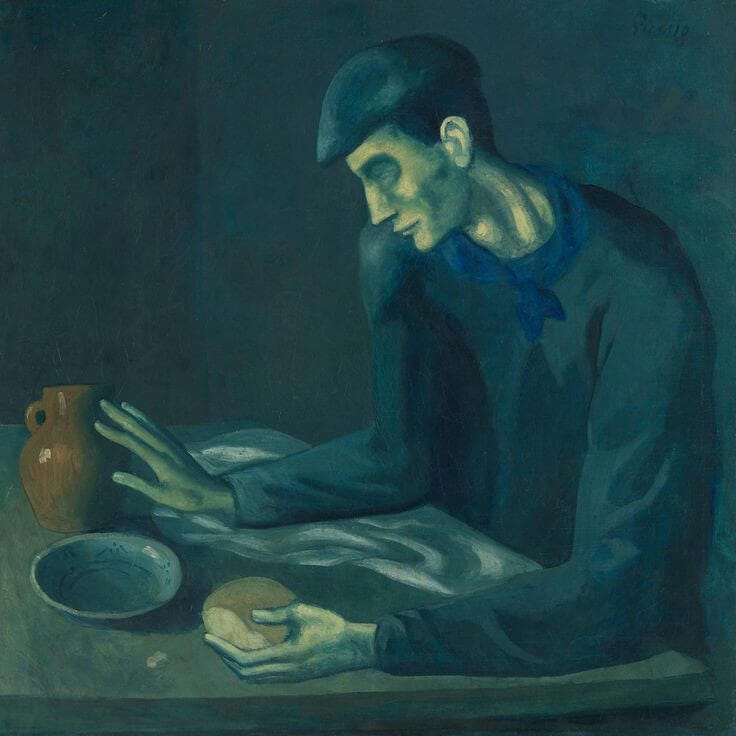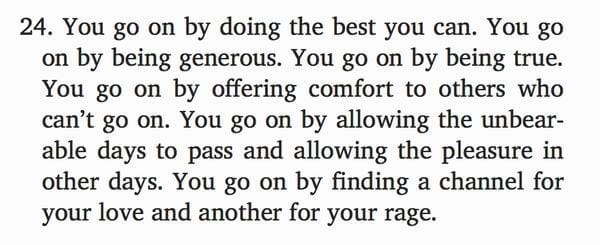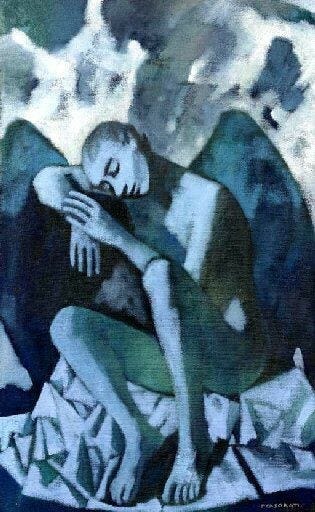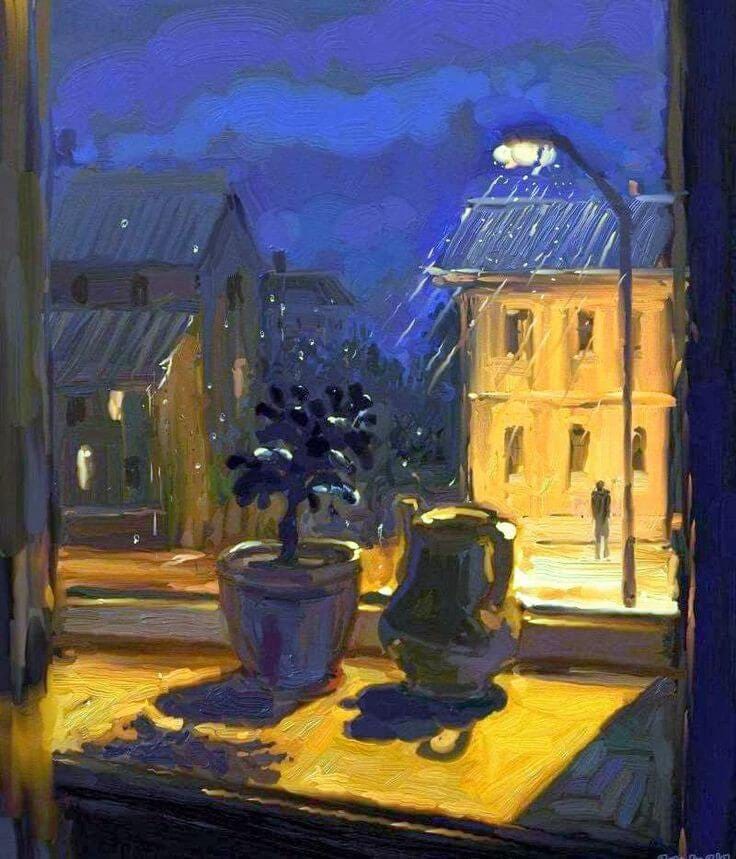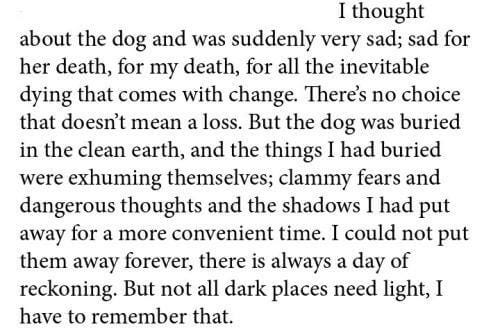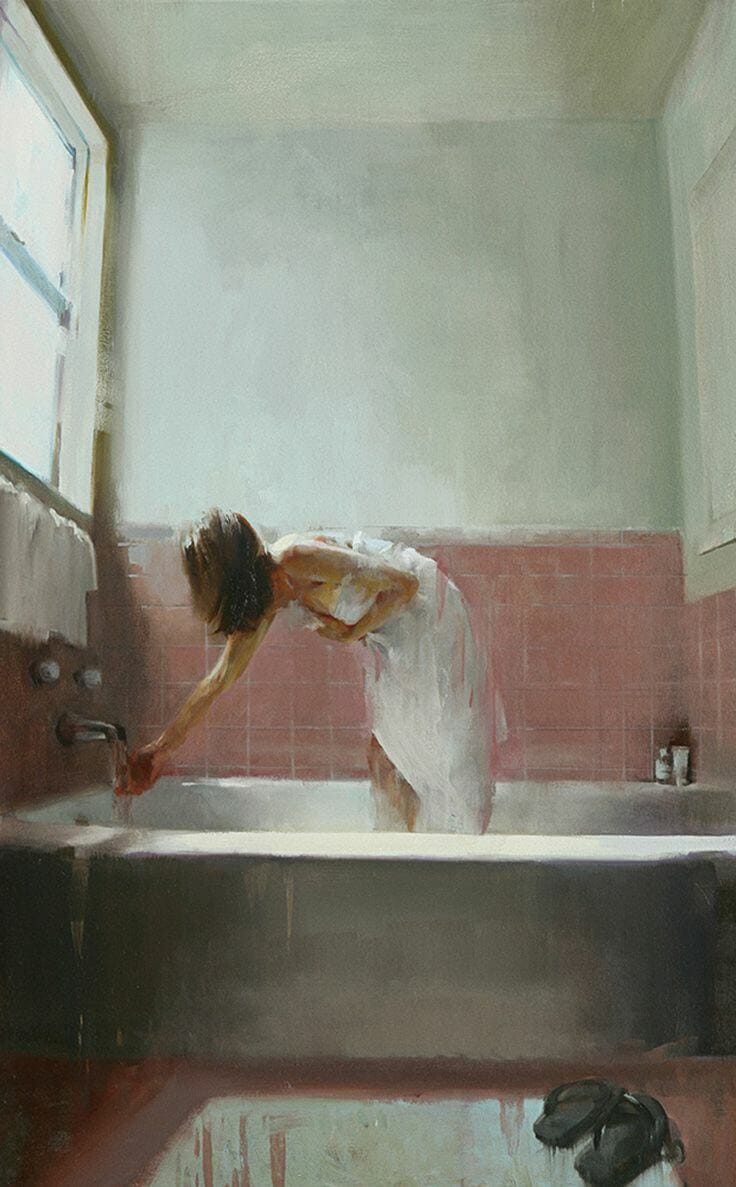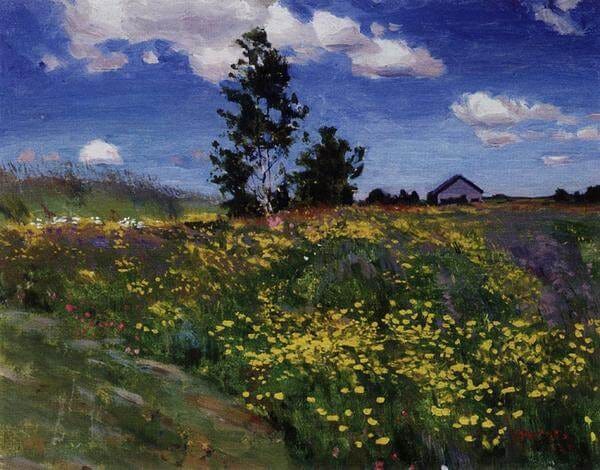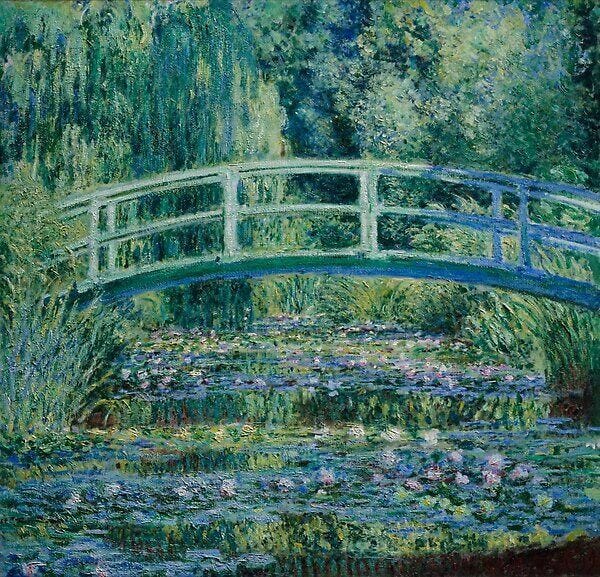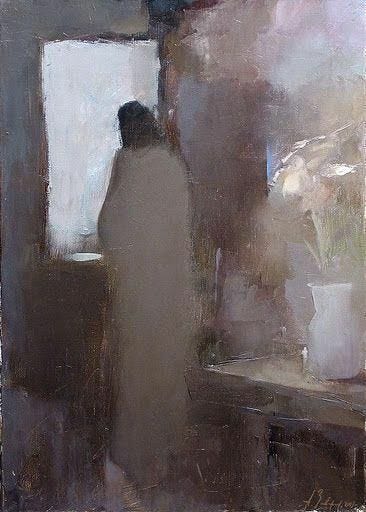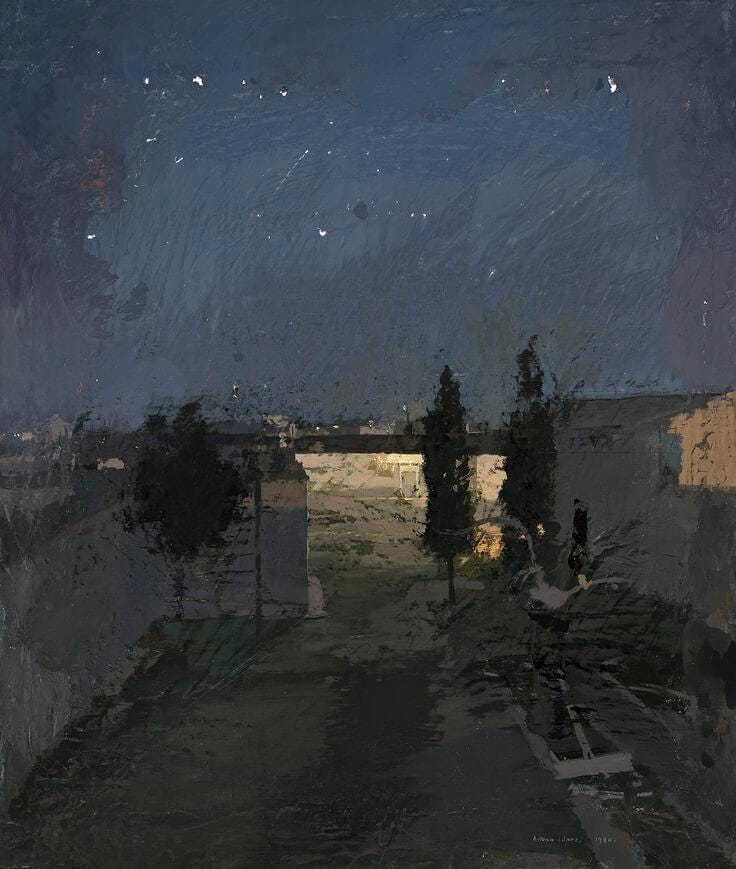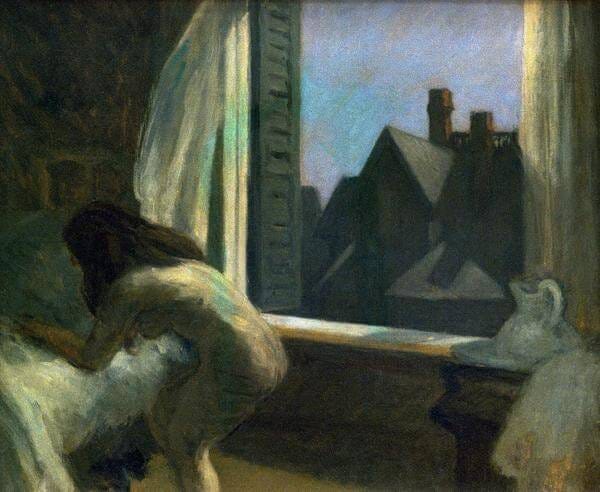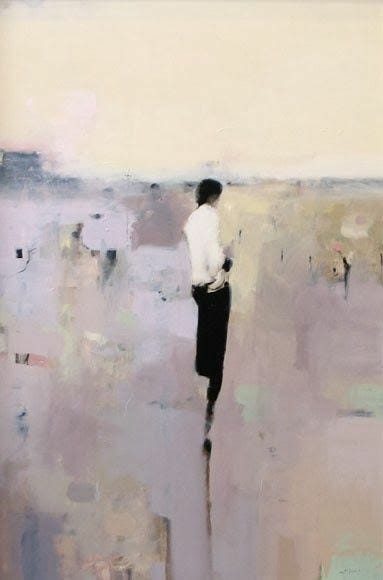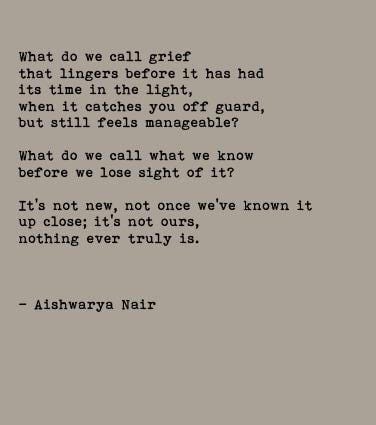anthology on happiness & grief
We see each other as the landmarks of a day. History doesn’t see us. It doesn’t see us at all. From this we should draw one ounce of relief.
― Naomi Shihab Nye, Transfer
I say are you happy? and you say no,
not even slightly. you’re watching
your life play out from a foggy window, too far away
to laugh and joke and love. I say do you
still want me? do you love me any less?
don’t know the answer so you flip the question.
— Wanda Deglane, Passenger
— Pablo Picasso
Happiness is a vague bliss. Sunny and sociable, it considers the well-being of family and friends, while ordinary pleasure is immediate and private. If you say, “I live for happiness,” no one will challenge you, since everyone is assured of the crumbs from your meal. The flaw of this philosophy, however, is that neither happiness nor pleasure can be put into reality directly. The pursuit of happiness has to enter occurrence, and raw occurrence can’t be saved or savored. Pleasure, like pain, will be unmemorable if it exists only as immediate sensation. Neither an orgasm nor the pains of childbirth can be recalled as feeling when you’re not undergoing them. So we learn to ask ourselves what it was like when the encounter or shock of sensation took place. You monitor the inward influence of occurrences as you undergo them, ruminating an interior object, something that can be brought up, later, to release a musty whiff of pleasure; or chewed again, to test if it’s “the real thing,” life; or digested some more to see if it will yield some elusive nutriment of happiness.
The new object is called “experience,” in the word’s most modern sense. Experience is directly attainable. It is definite and cumulative, when happiness is ambiguous and pleasure evanescent.
— Mark Grief, The Concept Of Experience
— Cheryl Strayed, Tiny Beautiful Things
— Felice Casorati
The needles fell. The pinecones
dropped every hour
on my porch, a constant
irritation. It is enough
that we crave objects,
that we are always
looking for a way
out of pain. What is beyond
task and future sits right
before us, endlessly
worthy. I have planted
a linden, with its delicate
clean angles, on a plot
one tenth the size. Some change
is too great.
Somewhere there is a field,
white and quiet, where a tree
like this one stands,
made entirely of
hovering. Nothing will
hold me up like that again.
— Joanna Klink, On Falling (Blue Spruce)
— Hervé Lenouvel
There is a certain chaos in this painting , some unexplainable emotion lingering within the strokes of it , maybe those infinite unexplained emotion's the beauty of it.
“Grief is an ambush. You’re walking along feeling fine, look down, see a leaf, and begin to weep.”
― Naomi Shihab Nye
— Elena Yushina
“It’s not the weight you carry
but how you carry it –
books, bricks, grief –it’s all in the way
you embrace it, balance it, carry it
when you cannot, and would not,
put it down.”
— Mary Oliver, Heavy
— Jeanette Winterson, Oranges Are Not the Only Fruit
It is when you are asking about something that you realize you yourself have survived it, and so you must carry it, or fashion it into a thing that carries itself.
— Anne Carson, Nox
—Kim Cogan
When she was dying, it was impossible to see forward to the next minute. What was happening—for whole weeks—was all that was happening and happening and happening. Months before that, I got the dumb soup wrong. How awful. It was all she wanted and I had gotten it wrong. Then, in the airless days when it was really happening, we started to power panic that we didn’t know enough. What should we do with her ashes? Water or dirt. Water or dirt. Once, she asked to just be thrown into the river where we used to go, still alive, but not living anymore. After it was done, I couldn’t go back to my life. You understand, right? It wasn’t the same. I couldn’t tell if I loved myself more or less. It wasn’t until later, when I moved in with him and stood outside on our patchy imperfect lawn, that I remembered what had been circling in me: I am beautiful. I am full of love. I am dying. What do we do with grief? Lug it, lug it. I would do it again.
— Ada Limón, After You Toss Around the Ashes
I'm not afraid of hate anymore.
—Ada Limón, The Good Fight
I talk to my inner lover, and I say, why such
rush?
We sense that there is some sort of spirit that loves
birds and animals and the ants--
perhaps the same one who gave a radiance to you in
your mother's womb.
Is it logical you would be walking around entirely
orphaned now?
The truth is you turned away yourself,
and decided to go into the dark alone.
Now you are tangled up in others, and have forgotten
what you once knew,
and that's why everything you do has some weird
failure in it.
— Kabir, Untitled [I talk to my inner lover]
— Arkady Alexandrovich Rylov
I wish you a tongue scalded by tea.
A hangover. Burnt toast. Stubbed toes. A lost job.
I wish you weeping in the shower. Salt in the sugar bowl.
A wish list of sorrows. Grief, not guilt.
— Jeanann Verlee, Grief, Not Guilt
— Claude Monet
For some moments in life there are simply no words to describe the pain within us.
— Narin Grewal
— Alexander Zavarin
I am writing to reach you—even if each word I put down is one word further from where you are.
— Ocean Vuong, On Earth We’re Briefly Gorgeous
— Antonio Lopéz García
I’m not sure it is possible to articulate grief through language. You can say, I was so sad I thought my bones would collapse. I thought I would die. But language always falls short of the body when it comes to the intensity of corporeal experience. The best we can do is bring language in relationship to corporeal experience—bring words close to the body—as close as possible. Close enough to shatter them. Or close enough to knock a body out. To bring language close to the intensity of experiences like love or death or grief or pain is to push on the affect of language. Its sounds and grunts and ecstatic noises. The ritual sense of language. Or the cry.
— Lidia Yuknavitch, from The Chronology of Water
— Edward Hopper, Moonlight Interior, 1923
I’d tell you I’ve gone to museums 52 times this year, but I only go when I’m lonely.
I’d tell you I’m not always sure being alone is worse than allowing someone to splinter me.
I’d tell you I’ve never seen a relationship that wasn’t barter or been in one that wasn’t outright robbery, but vicarious living isn’t enough anymore
— Laura Villareal, If I Invited You to Love Me,The Cartography of Sleep
— Geoffrey Johnson
"It is both a blessing and a curse to feel everything so deeply "
This is a quote I've held closely for a long time now , I've realised how important it is to let yourself feel, happiness and sorrow always comes hand in hand, It might be easier to hide these emotions
But we are human , take it from the quote.
break down once in a while or laugh your hearts out ,let yourself feel.
— Naeema
LINKS:
Music: Dean Lewis—Waves, Coldplay—Fix You
Movies: The Bucket List (2007), The Pursuit of Happyness (2006)
Articles: Mapping a Journey Through Grief with Picasso
This newsletter was curated by Naeema Kamal. You can find her on her Instagram.
As always, you can find more art & poetry on our website ~ unographymag.com

